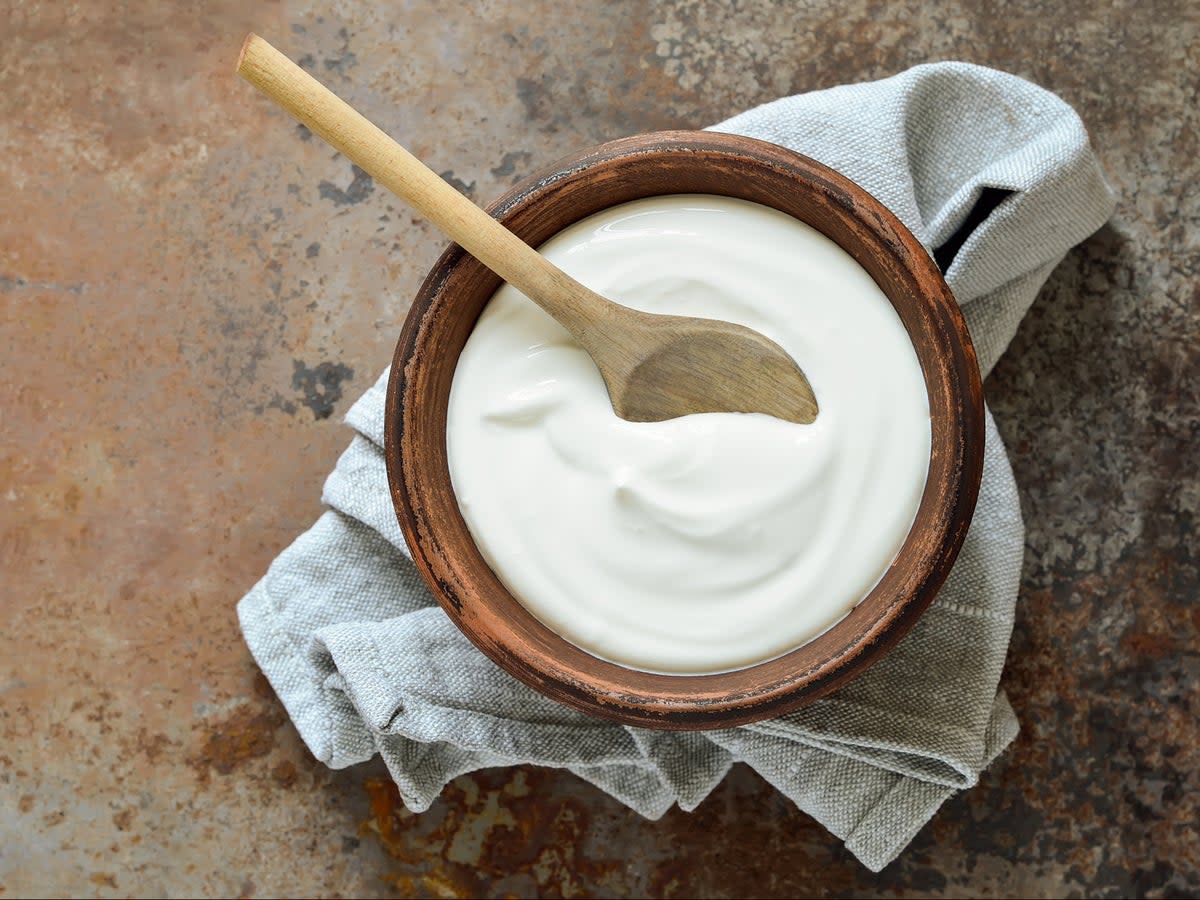Yoghurt and sourdough may help get rid of bad breath, study suggests

Fermented foods containing probiotic bacteria might be beneficial in getting rid of bad breath, scientists have found.
Eating food like yoghurt, sourdough bread and miso soup, which are rich in probiotic bacteria, could be a solution for people struggling with persistent bad breath, known as halitosis.
The study involved participants taking probiotics like lactobacillus salivarius, lactobacillus reuteri, streptococcus salivarius and weissella cibaria in the form of supplements.
Pooled data analysis of the available evidence found that the bacteria helped reduce levels of volatile sulphuric compounds found in the mouth.
The compounds are the main cause of bad breath and are produced by mouth bacteria as a result of bacterial mixing and food debris associated with poor dental and gum hygiene, scientists said.
To tackle the problem, many people turn to mouthwashes, chewing gum, teeth scaling and tongue scraping.
However, eating probiotic-rich food “may relieve halitosis in the short term”, the study’s authors wrote.
Conducted by scientists from the National Clinical Research Centre for Oral Diseases in Sichuan University in China, the study analysed research databases for relevant clinical trials published up to February 2021.
From an initial review of 238 records, duplication and incomplete data reduced the number of eligible clinical trials for pooled data analysis to seven, involving a total of 278 people. The authors have acknowledged that the sample sizes were small and some of the data incomplete.
The study, published in open access journal BMJ Open, found that the severity of bad breath, or the OLP score which measures breath odour at various distances from the mouth, fell significantly in those who were given probiotics compared with those in the comparison study arms, irrespective of the length of the monitoring period.
A similar result was observed for the levels of volatile sulphuric compounds detected, although these varied "substantially" in the individual studies, and the observed effects were relatively short-lived – up to four weeks, after which there was no noticeable difference.
Study author Dr Longjiang Li, of Sichuan University in China, said: “Probiotics may inhibit the decomposition of amino acids and proteins by anaerobic bacteria in the mouth, so curbing the production of smelly by-products.
“This systematic review and meta-analysis indicates that probiotics may ease halitosis by reducing the volatile sulphuric compound concentration levels in the short term, but there is no significant effect on the major causes of halitosis, such as plaque and tongue coating,” Dr Li added.
“More high-quality randomised clinical trials are required in the future to verify the results and to provide evidence for the efficacy of probiotics in the management of halitosis."
Reporting by SWNS

